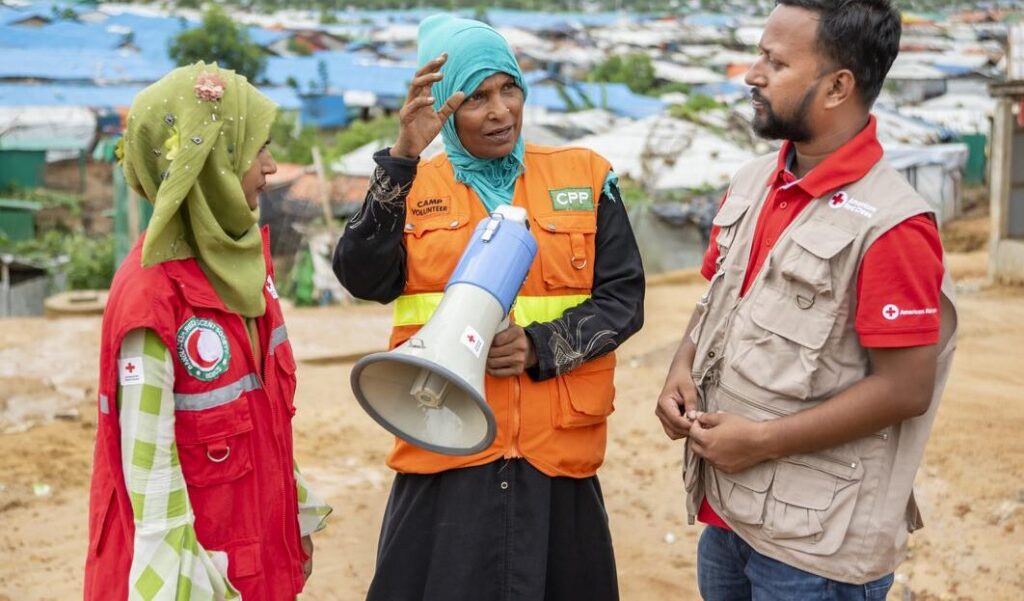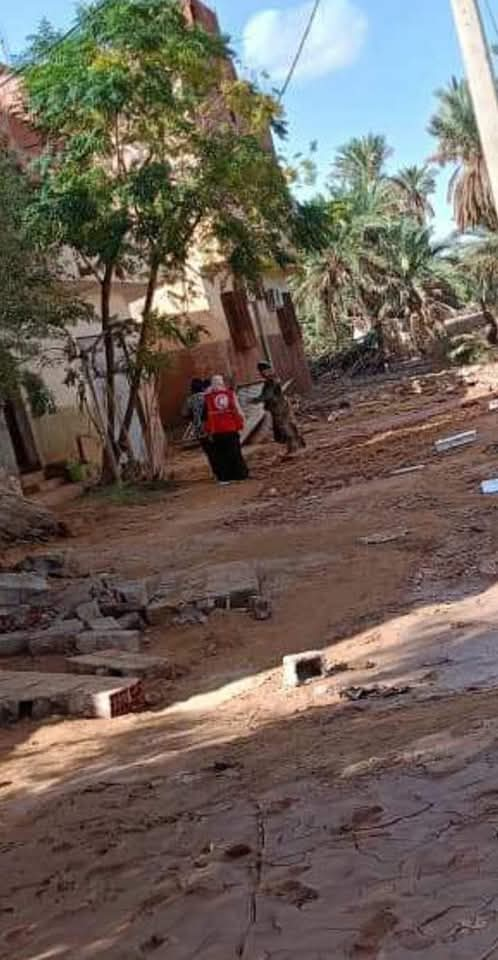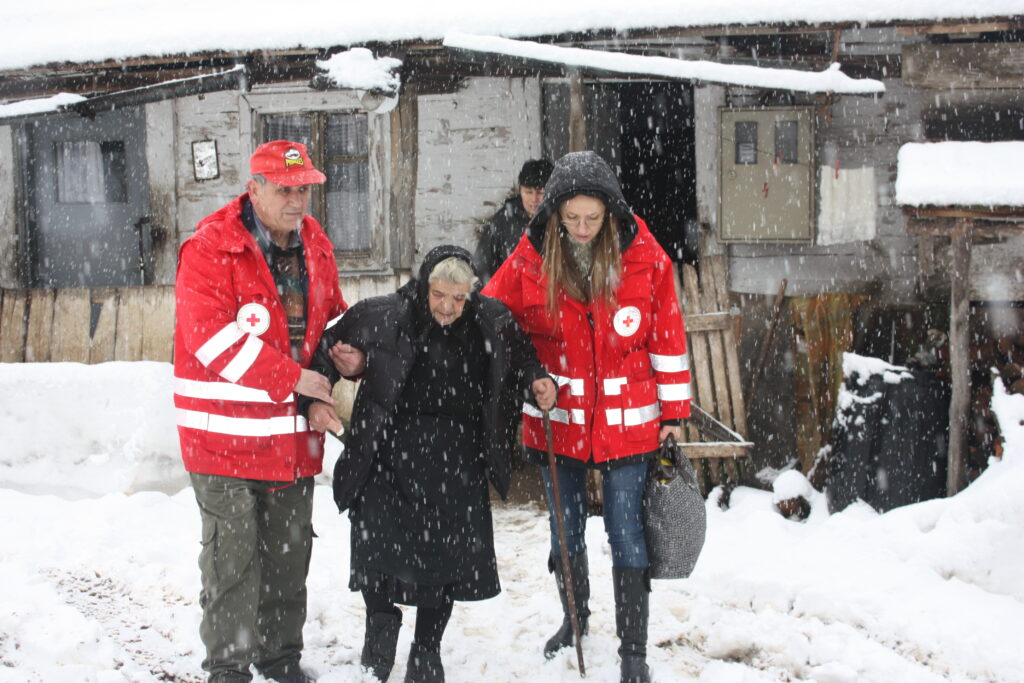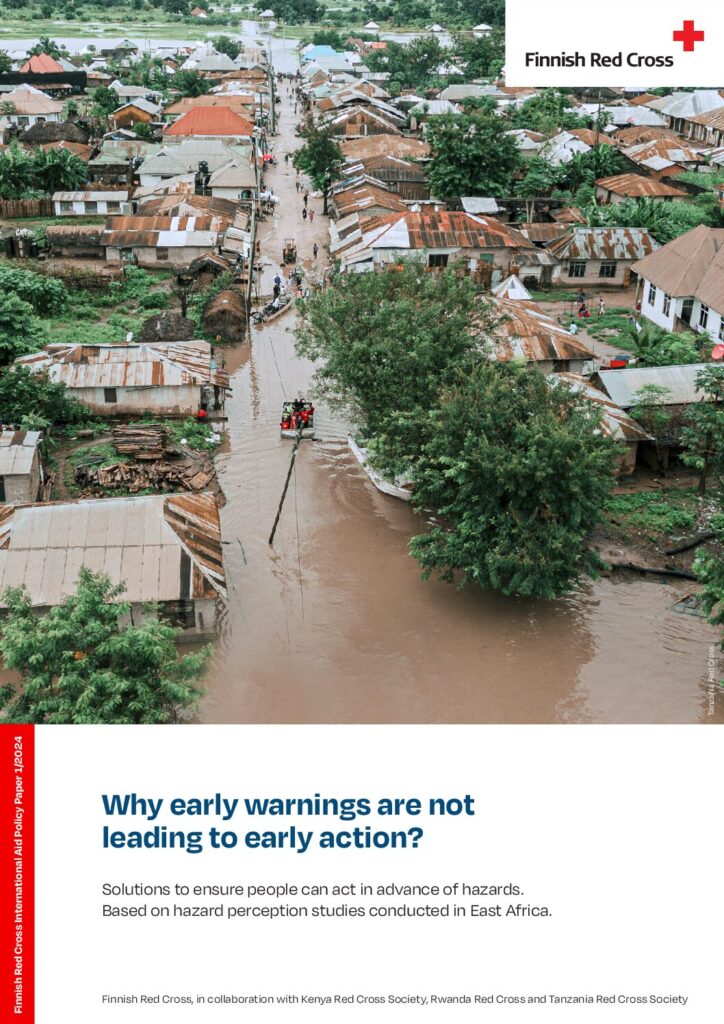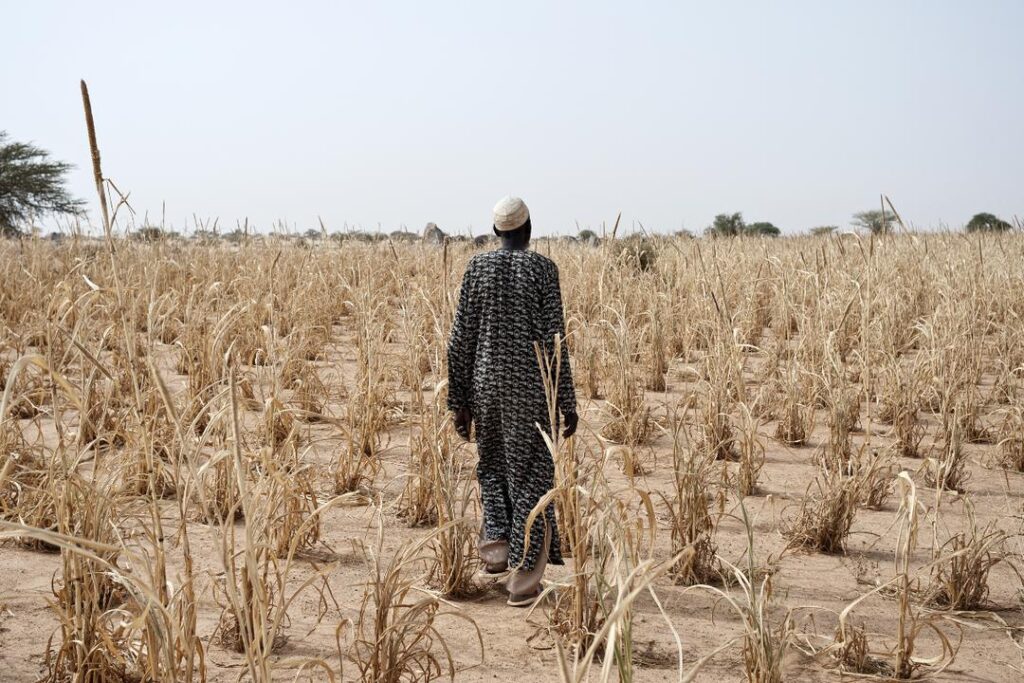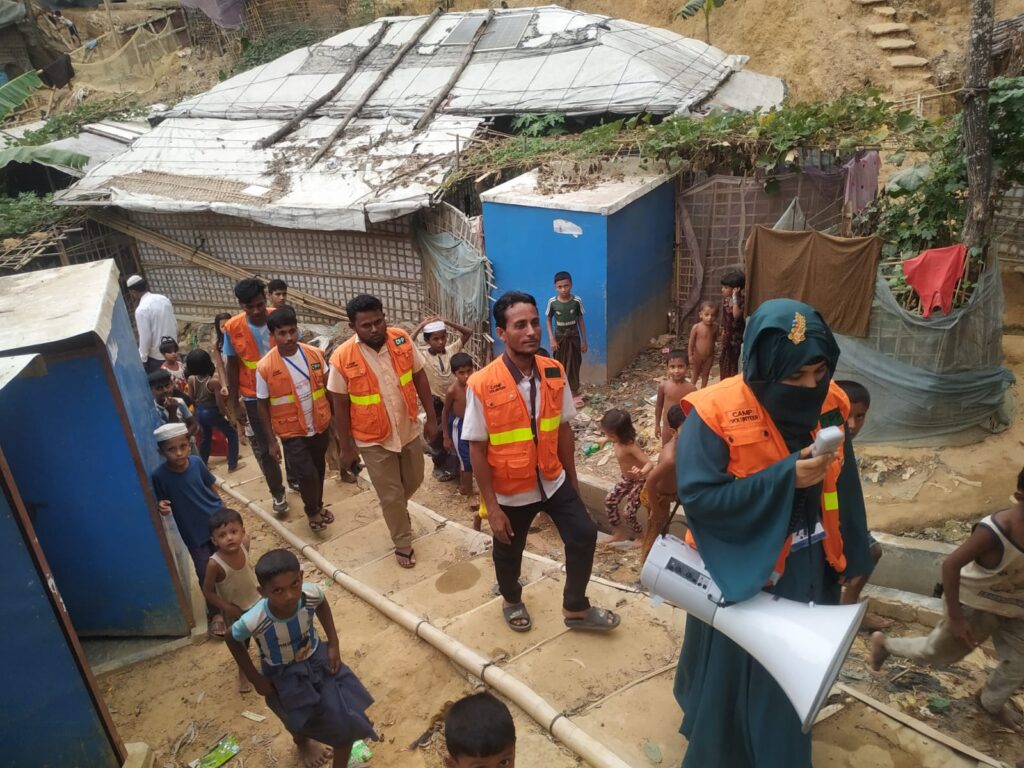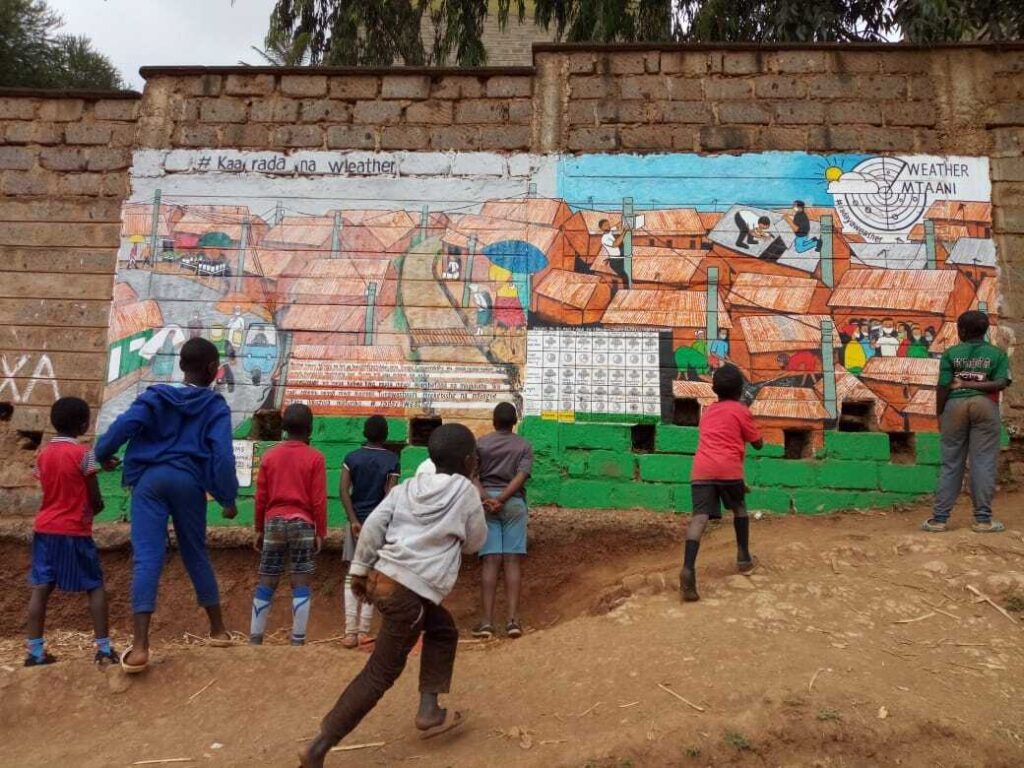Pre-Financing Anticipatory Action: Lessons Learned from the Bangladesh Red Crescent Society
Since 2015, the Bangladesh Red Crescent Society (BDRCS) has been at the forefront of anticipatory action, developing trigger models and testing early action activities for cyclones, floods, and heatwaves. By 2024, BDRCS had validated three Early Action Protocols (EAPs), targeting over 200,000 people, with an estimated activation cost of 940,000 CHF. Between 2019 and 2024, […]

